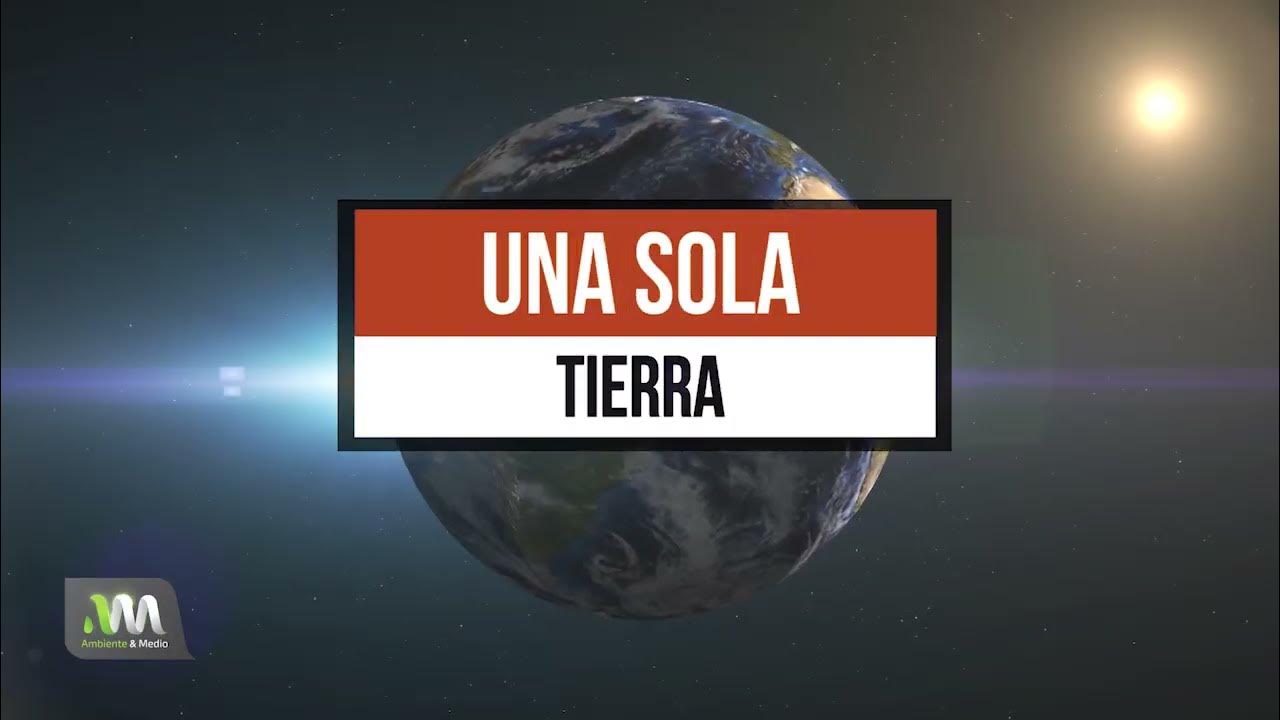Why it’s so hard to end plastic pollution
Summary
TLDRIn Guatemala, the 'garbage river' symbolizes a global crisis: plastic pollution, set to triple in 15 years, accelerates climate change and devastates biodiversity. Despite recycling efforts, only 9% of plastics are recycled. In Ottawa, delegates from 175 countries negotiate a binding treaty to end plastic pollution by year-end. Challenges include reducing plastic production, with some advocating bans and others against. The fossil fuel industry, seeking to offset energy declines, contributes to the problem. Billionaire philanthropist Andrew Forest is pressuring negotiators to address the issue, highlighting the human costs of inaction.
Takeaways
- 🚮 Guatemala's 'garbage river' is a stark example of how plastic waste and sewage are polluting waterways and eventually the Atlantic Ocean.
- 🌍 Plastic pollution is a global issue, with predictions indicating a near triple increase in the next 15 years, affecting rivers, lakes, and oceans.
- 🌡️ Plastic pollution is exacerbating climate change and destroying biodiversity, posing a significant threat to the planet's health.
- 🗑️ Despite good intentions, recycling alone is not enough, as only 9% of plastics have ever been recycled.
- 🛒 Consumers often find it challenging to avoid plastic, as it is ubiquitous in supermarket purchases.
- 📜 Over 4,000 delegates from 175+ countries are in Ottawa to negotiate a binding global treaty to end plastic pollution by the end of the year.
- ⛔️ There is a significant debate over the scope of the agreement, with some pushing for production caps and others resisting such measures.
- 🏭 The fossil fuel industry is a complicating factor, using plastics as a way to offset declines in energy and transportation.
- 💪 Multi-billionaire Andrew Forrest is using his influence to pressure negotiators to take strong action against plastic pollution.
- 🌱 There is a historical precedent for global environmental agreements, such as the Montreal Protocol, which successfully addressed ozone layer depletion.
Q & A
What is the current state of the 'garbage river' in Guatemala?
-The river in Guatemala is clogged with plastic waste and sewage, which eventually finds its way to the Atlantic Ocean.
How is plastic pollution affecting the environment?
-Plastic pollution is accelerating climate change, decimating biodiversity, and threatening to pollute every corner of the planet.
What is the predicted increase in plastic pollution over the next 15 years?
-Plastic pollution is predicted to nearly triple in the next 15 years.
What percentage of plastic has been recycled historically?
-Only 9% of plastic has ever been recycled.
Why is it challenging for consumers to avoid plastic?
-It is hard for consumers to avoid plastic because it is prevalent in supermarkets and other retail environments, making it difficult to purchase items without plastic packaging.
What is the purpose of the meeting in Ottawa?
-Over 4,000 delegates from over 175 countries are in Ottawa to negotiate a binding global treaty to end plastic pollution.
What are some of the contentious issues being discussed at the Ottawa negotiations?
-Contentious issues include cutting back on plastic production, whether to ban certain types of plastics, and the scope of the agreement regarding single-use or all plastics.
What is the stance of the fossil fuel industry on the proposed plastic pollution treaty?
-The fossil fuel industry is using plastics as a way to offset declines in energy and transportation, and they are pushing for a treaty that does not effectively address the problem.
Who is Andrew Forrest and what is his role in the plastic pollution issue?
-Andrew Forrest is a multi-billionaire from Australia whose philanthropic company, Minderoo, is waging a war on plastics. He is using his influence and wealth to warn about the risks of too much plastic.
What are some of the challenges faced in reaching a consensus on the plastic pollution treaty?
-Challenges include reducing single-use plastics, designing for more reuse or recycling, and deciding on mandatory or voluntary regulations, as well as the possibility of bans or phase-outs.
What is Canada's role in the Ottawa meeting, and what is their stance on plastic production?
-As the host country, Canada has an important role in navigating the negotiations. While they are not setting a specific red line on plastic production, they are open to eliminating harmful chemicals and additives and are working towards consensus on reducing plastic pollution.
Outlines

This section is available to paid users only. Please upgrade to access this part.
Upgrade NowMindmap

This section is available to paid users only. Please upgrade to access this part.
Upgrade NowKeywords

This section is available to paid users only. Please upgrade to access this part.
Upgrade NowHighlights

This section is available to paid users only. Please upgrade to access this part.
Upgrade NowTranscripts

This section is available to paid users only. Please upgrade to access this part.
Upgrade NowBrowse More Related Video

🌍Día mundial del ambiente - Una sola tierra🌍

Nasaan na ba ang Pilipinas pagdating sa mga hakbang laban sa banta... | Need To Know

How Plastic Affects Climate Change

Intro video Module 1

Most Ocean Plastic Flows From Rivers. Can Giant Trash Barriers Stop It? | World Wide Waste

#172 Hubungan Sampah Plastik dan Efek Rumah Kaca
5.0 / 5 (0 votes)